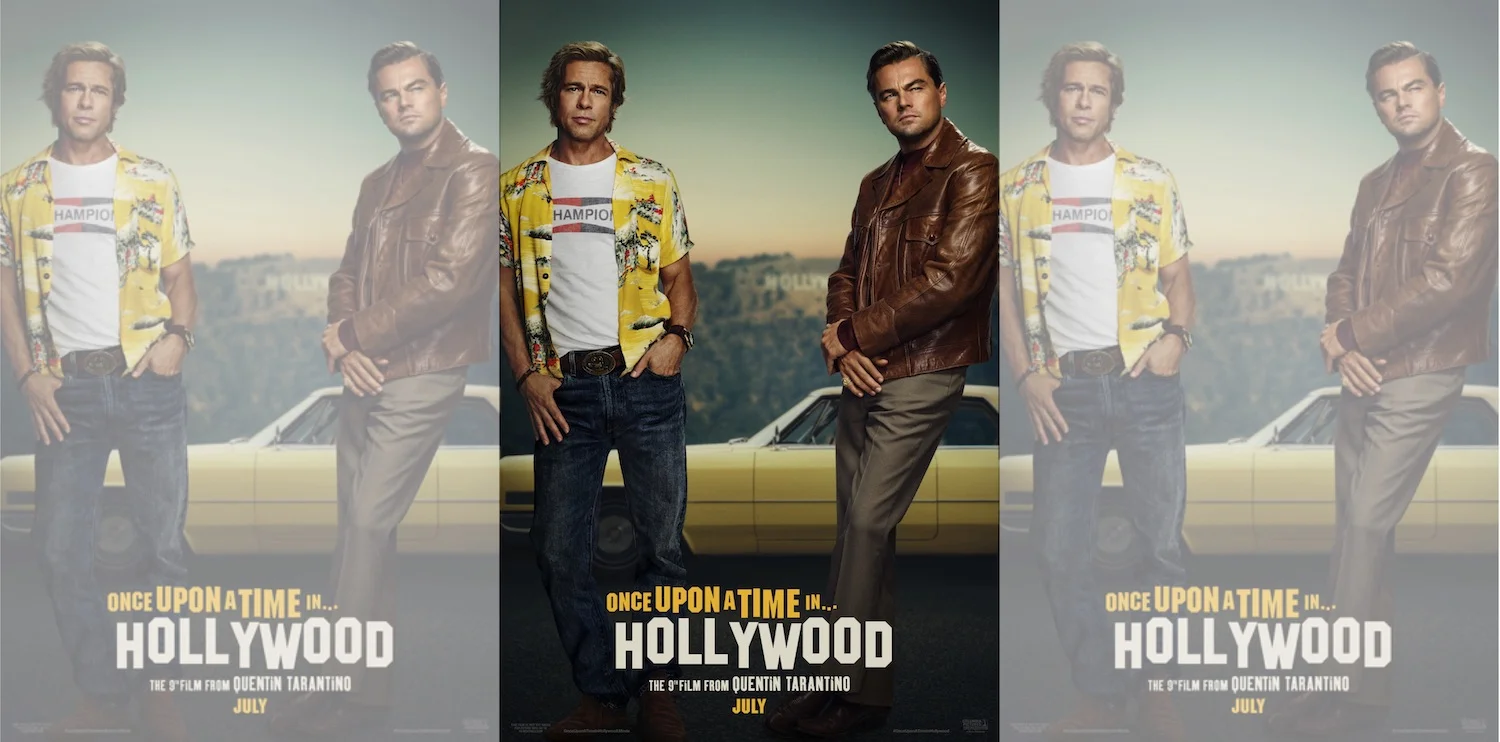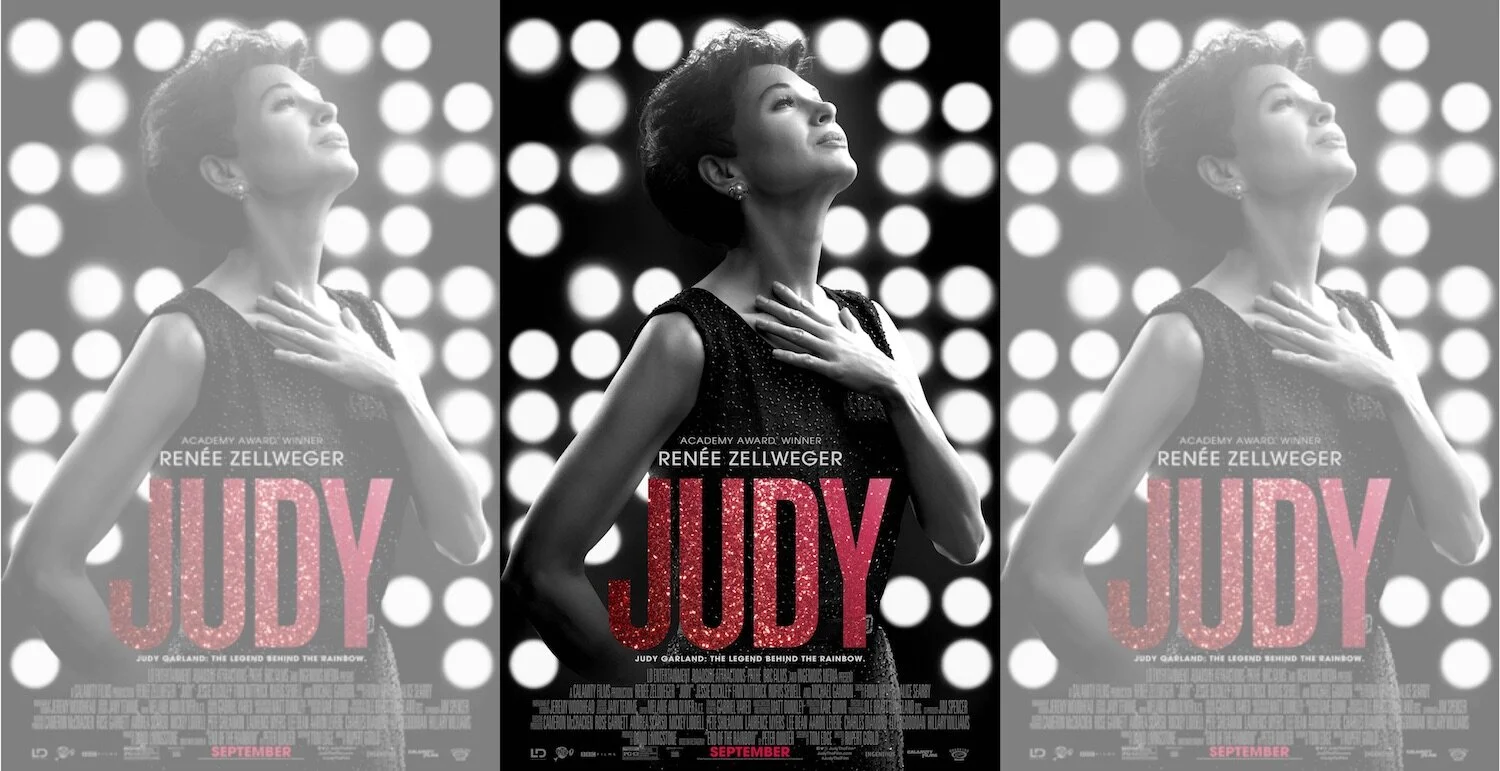The Good Liar (2019)
I KNOW YOU ARE, BUT WHAT AM I?
A familiar maxim cynically cautions that if something seems to good to be true, then it probably is too good to be true. In the case of The Good Liar, its pedigree does indeed promise something special. The drama features Academy Award winners in star Helen Mirren and director Bill Condon; an Oscar nominee in leading man Ian McKellen; and a script penned by Jeffrey Hatcher, the screenwriter of the excellent Mr. Holmes; all in a film based on Nicholas Searle’s New York Times bestselling novel. And yet.
Rarely do movies warrant an examination of their opening credits, but the issues with The Good Liar start there. The beginning sequence stylishly intersperses typewritten titles and names with shots of an older woman (Ms. Mirren) and an older man (Mr. McKellen) completing online dating profiles. Both characters reveal themselves as deceitful: the man puffs on a cigarette, then checks the Doesn’t Smoke box, while the woman sips from a glass of wine before identifying herself as someone who Doesn’t Drink. Such behavior might elicit a smile from the audience—a knowing smile, considering the film’s title—but it also undermines much of what follows.
The two elderly suitors, both of whom have allegedly lost a spouse, meet for the first time at a restaurant to have dinner together. They talk easily with each other, and the man, avowing that he absolutely detests lying, confesses that he provided a false name on his dating questionnaire. After he reintroduces himself as Roy Courtnay, the woman admits that she also misrepresented herself, and she says that her real name is Betty McLeish. Roy doesn’t seem to notice, or at least he makes no mention, of at least one other inconsistency with respect to Betty’s profile: when he first walks up to the table, this woman who supposedly Doesn’t Drink sits there enjoying a martini.
Ian McKellen and Helen Mirren in The Good Liar
After dinner, Roy and Betty part ways. She gets a ride home, while he prefers to walk, telling her that he lives nearby. Roy doesn’t head home, though, but rather to a strip club, where he and a colleague, Vincent (Jim Carter), entertain a couple of clients, Bryn (Mark Lewis Jones) and Beni (Lucian Msamati). It quickly becomes apparent that Roy’s artifice goes well beyond simply dissembling on a dating profile. After several meetings with Bryn and Beni, Roy and Vincent employ an illicit investment scheme and a phony law-enforcement raid to bilk the two greedy men out of £100,000 each. The swindle leaves little doubt that Roy has set his sights on Betty and the money her late husband left her.
Ian McKellen and Jim Carter in The Good Liar
The Good Liar begins to break down at this point. Although Betty shows no understanding of being cozened by Roy, the snippets during the credit sequence have already revealed that she has her own plan in mind for him. Further, Betty’s grandson, Stephen (Russell Tovey), casts a suspicious eye on her grandmother’s suitor. Some other confidence game is plainly afoot, but because the audience knows more than Roy does, the film fails to develop any sort of dramatic tension. This makes for The Good Liar’s fundamental flaw: although a compelling story will ultimately emerge, the bulk of the film suffers both because the audience has been given too much information—during the credits—which renders the second act limp, and too little information, relegating the stakes of the tale only in retrospect.
Russell Tovey and Helen Mirren in The Good Liar
Surprisingly for such accomplished actors—who both turn in fine performances in The Good Liar—Ms. Mirren and Mr. McKellen display little romantic chemistry. Although perhaps the fault lies partially with the director, the screenplay lacks the necessary scenes and dialogue in which such a relationship could properly and believably incubate. The characters do not actually care for each other, but in order for their respective cons to work, they must appear to do so. The tale could have turned on Roy unexpectedly falling in love with Betty, or her with him, or both with each other, thereby complicating the cons they’re attempting to perpetrate. Or they both could have become aware of the other’s machinations and tried to cleverly work around them. But the story that unfolds in The Good Liar is both far more interesting and, in light of the #MeToo movement, especially timely.
Helen Mirren and Ian McKellen attempt to con each other in The Good Liar
In order to explain the story and the failure of its structure, spoilers follow. In the end, as expected, neither Roy nor Betty turn out to be exactly who they claim to be. German by birth and raised in that country during World War II, the two—born Hans and Lili—actually knew each other in their youth. As a teen, the young man tutored Lili and her older sisters in English in their Berlin home. But a humiliating encounter with those sisters drove Hans to rape Lili, and subsequently to report the girls’ father to the Nazis as a traitor to the Third Reich, which had devastating consequences for the family.
But while Betty and Roy’s shared past is compelling, the manner in which their history is laid out for the audience is less so. Unspooling in flashbacks late in the film, the scenes of Lili and Hans play out like a deus ex machina. The overall story contained in The Good Liar works, but the storytelling does not. It’s a shame, given the seriousness of the subject matter. Somebody might tell you that this is a good film, but they’d be lying.
**⅜ (out of *****)
©2019 David R. George III
2019 • 1 HOUR, 49 MINUTES
NEW LINE CINEMA • BRON CREATIVE • CREATIVE WEALTH MEDIA FINANCE
STARRING
• HELEN MIRREN, IAN MCKELLEN
ALSO STARRING
• RUSSEL TOVEY, JIM CARTER, MARK LEWIS JONES
WRITTEN BY
• JEFFREY HATCHER (SCREENPLAY BY)
• NICHOLAS SEARLE (BASED ON THE NOVEL BY)
DIRECTED BY
• BILL CONDON
NO 2019 ACADEMY AWARD NOMINATIONS








